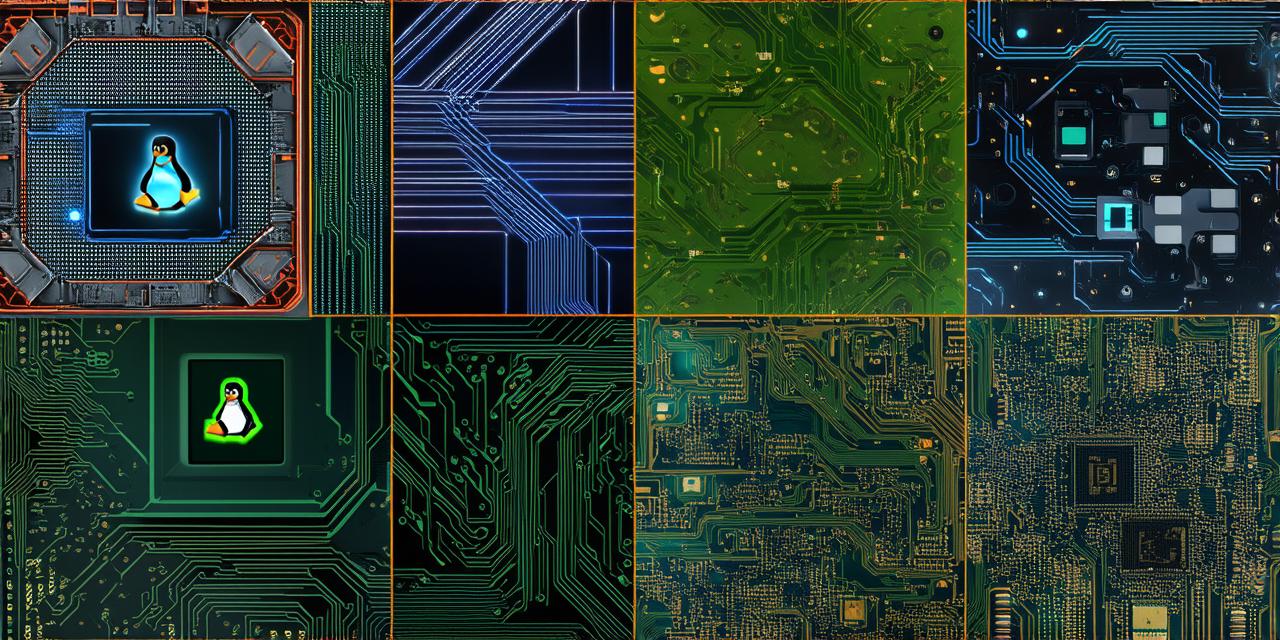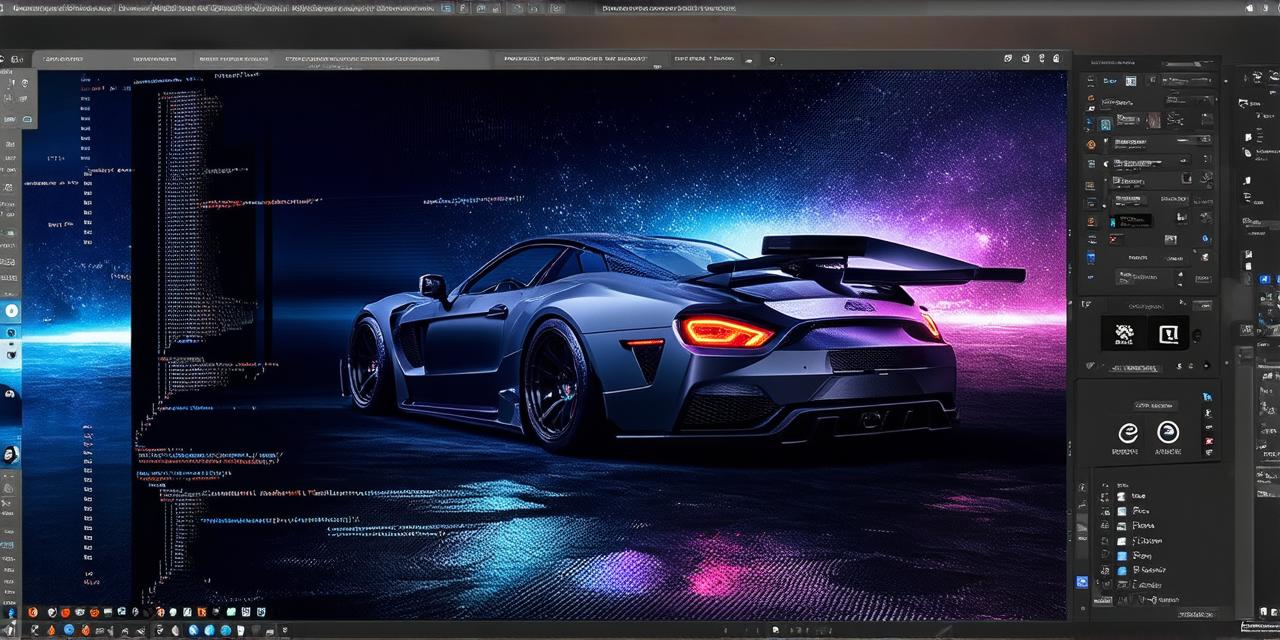Introduction
Linux is an open-source operating system that has gained popularity in recent years due to its stability, security, and flexibility. It’s not just used for servers and web hosting; it’s also becoming a popular platform for game development. Linux offers several advantages for game developers, such as its ability to run on a wide range of hardware, its support for multiple programming languages, and its low cost. In this article, we will explore the steps involved in developing games on the Linux platform, and the benefits that come with it.

Advantages of Developing Games on Linux
Linux offers several advantages for game developers:
- Wide Range of Hardware Support
Linux can run on a wide range of hardware, including low-end desktops and laptops, mid-range gaming PCs, and high-performance servers. This means that game developers can reach a larger audience with their games.2. Support for Multiple Programming Languages
Linux supports several programming languages, including C++, C, Java, Python, and more. This allows game developers to use the language they are most comfortable with or the one that best suits their needs.
3. Low Cost
Linux is an open-source operating system, which means it’s free to download and use. This makes it a cost-effective platform for game development, especially for smaller studios.
4. Stability and Security
Linux is known for its stability and security, making it a popular choice for servers and web hosting. This also means that game developers can be confident that their games will run smoothly and securely on the Linux platform.
5. Community Support
Linux has a large and active community of users, which means there is a wealth of resources available to game developers. The community is always willing to help with any questions or problems that arise during development.
Steps Involved in Developing Games on Linux
Developing games on the Linux platform involves several steps:
- Choose Your Game Engine
There are several game engines available for game development on Linux, including Unity, Unreal Engine, and Godot. Each engine has its own strengths and weaknesses, so it’s important to choose one that best suits your needs.2. Select Your Programming Language
As mentioned earlier, Linux supports several programming languages. Choose the language you are most comfortable with or the one that best suits your needs.
3. Set Up Your Development Environment
Once you have chosen your game engine and programming language, set up your development environment by installing the necessary software and tools. This may include an Integrated Development Environment (IDE), a text editor, and any other libraries or frameworks required for development.
4. Design and Develop Your Game
Now that everything is set up, it’s time to start designing and developing your game. This involves creating levels, characters, and other game assets, as well as writing code to bring your game to life.
5. Test and Debug Your Game
Once your game is complete, test it thoroughly to ensure that it works as intended. This may involve running the game on different hardware configurations and fixing any bugs or issues that arise.
6. Publish Your Game
When your game is ready, publish it on a platform such as Steam, Itch.io, or Google Play. Be sure to market your game effectively to reach your target audience.
Real-Life Examples of Games Developed on Linux
There are several games that have been developed on the Linux platform, including:
- Minecraft: Linux version of Minecraft was released in 2013 and has since become one of the most popular games on the platform.
- SuperTuxKart: A free and open-source racing game that runs on Linux and other operating systems.
- The Legend of Zelda: Breath of the Wild: This popular adventure game was developed for Nintendo Switch, but also has a Linux version available.
FAQs
Q: Is it possible to develop games on Linux?
A: Yes, it’s possible to develop games on the Linux platform using several game engines and programming languages.
Q: What are the advantages of developing games on Linux?
A: Linux offers several advantages for game development, including its ability to run on a wide range of hardware, support for multiple programming languages, low cost, stability and security, and community support.
Q: How do I set up my development environment for game development on Linux?
A: To set up your development environment, you need to install the necessary software and tools, such as an Integrated Development Environment (IDE), a text editor, and any other libraries or frameworks required for development.
Summary
Developing games on the Linux platform offers several advantages, including its ability to run on a wide range of hardware, support for multiple programming languages, low cost, stability and security, and community support. With the right game engine and programming language, game developers can create engaging and interactive games that will entertain players on a variety of devices.




